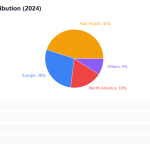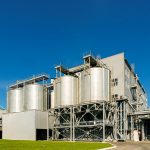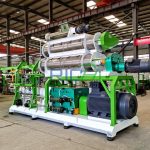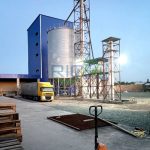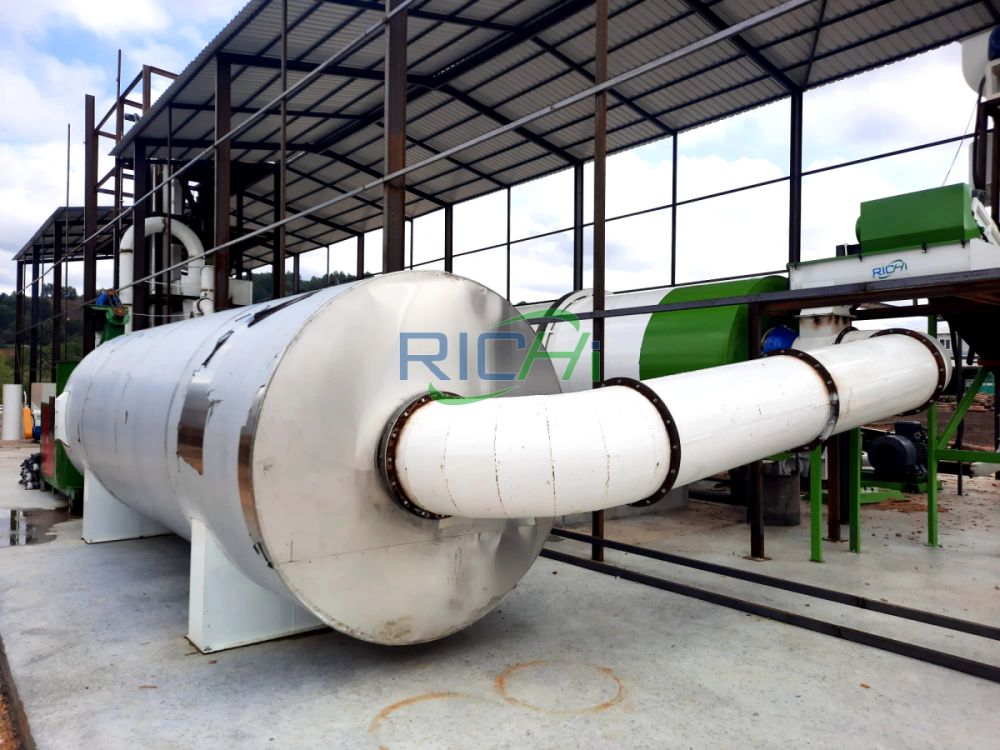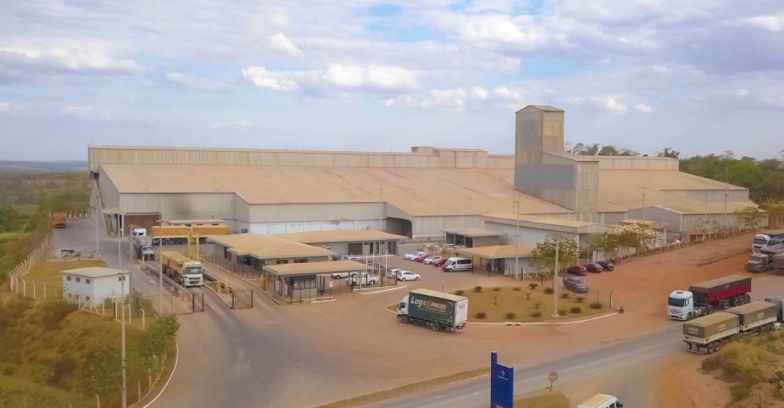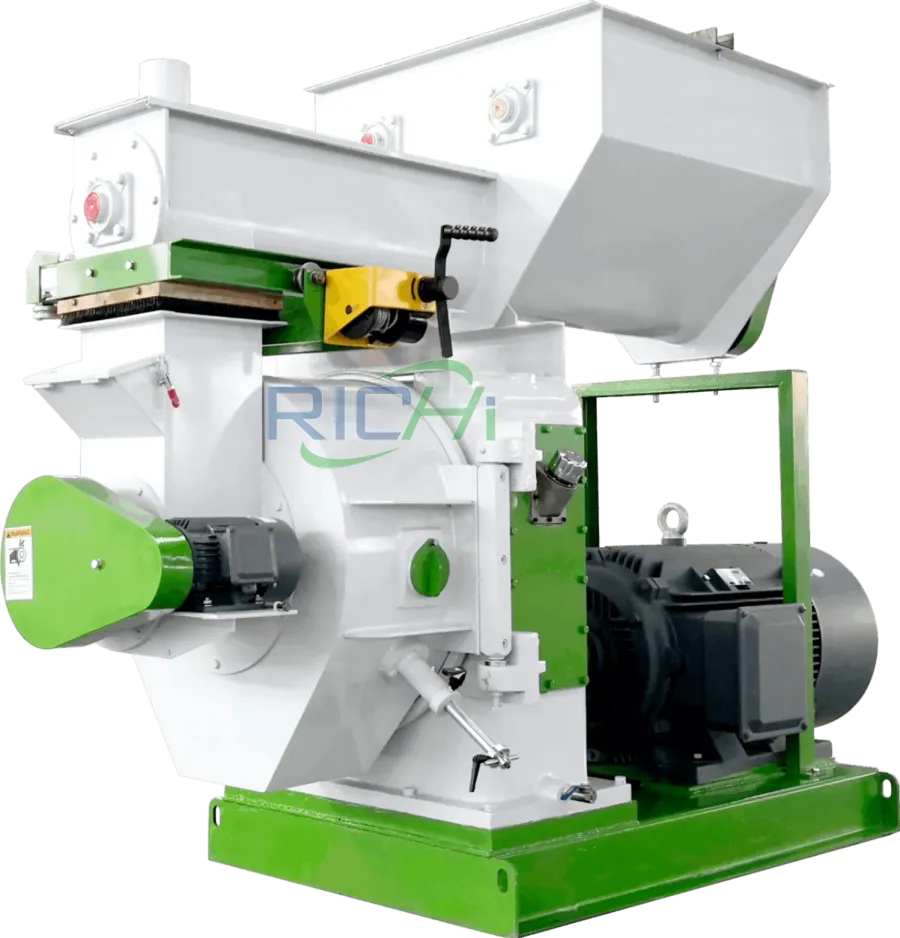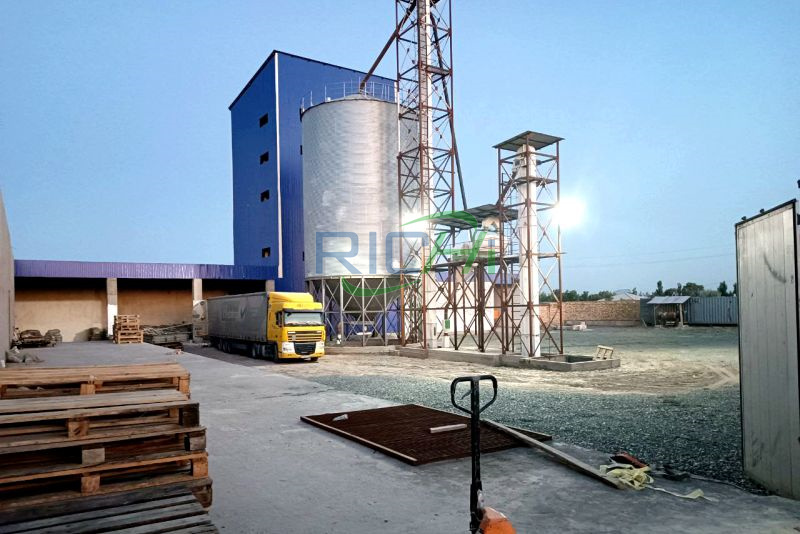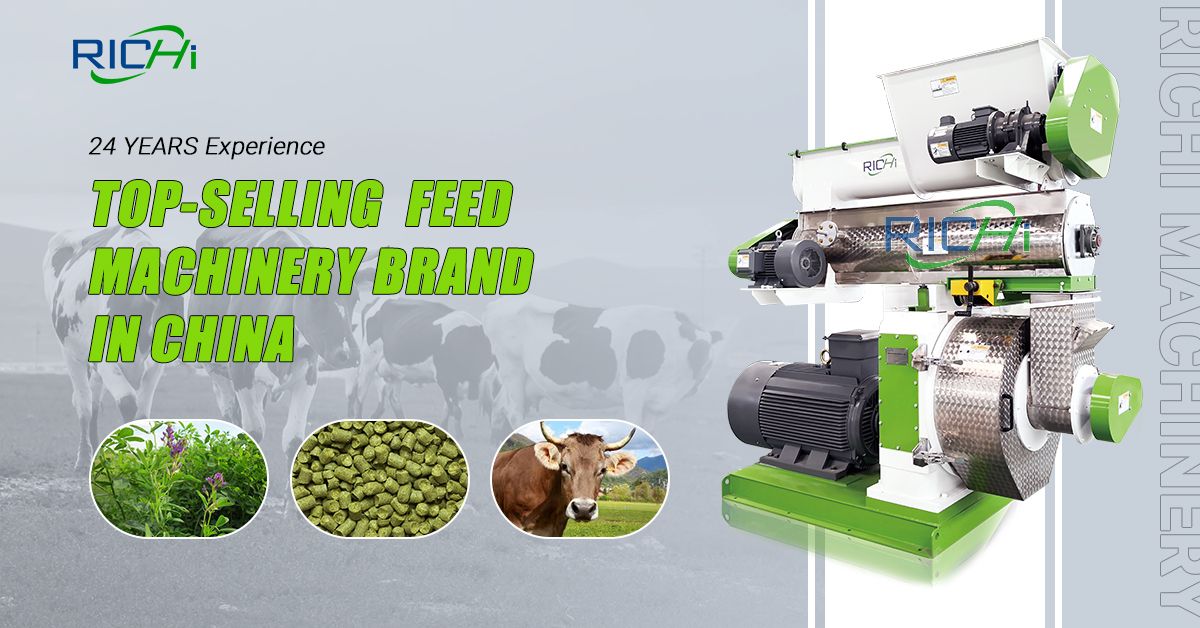Establishing a 1 ton per hour (T/H) straw pellet production line in Vietnam offers a viable solution for converting agricultural waste into valuable biomass fuel. Vietnam’s rich agricultural sector provides various raw materials for this purpose. This article examines the primary and secondary raw materials available in Vietnam and discusses key considerations and strategies for sourcing them.
Primary Raw Materials
- Rice Straw
- Overview: As one of the world’s largest rice producers, Vietnam generates substantial quantities of rice straw. It is a key raw material for pellet production due to its abundance and availability throughout the year.
- Regions: Prominent sources include the Mekong Delta and Red River Delta regions.
- Benefits: Consistent supply and high availability make it an ideal primary material.
- Wheat Straw
- Overview: Although less prevalent, wheat straw is available in northern provinces of Vietnam. It can supplement rice straw in the pellet production process.
- Benefits: Adds variety to the raw material mix and utilizes additional agricultural waste.
- Corn Stalks
- Overview: Corn stalks from Vietnam’s growing corn industry are another valuable resource. These can be collected post-harvest and processed into pellets.
- Benefits: Provides an additional feedstock option and leverages residues from corn farming.
Secondary Raw Materials
- Sugarcane Bagasse
- Overview: The fibrous residue from sugarcane juice extraction, known as bagasse, is a byproduct of Vietnam’s significant sugarcane industry.
- Benefits: Can be blended with straw to enhance pellet quality and diversify the feedstock.
- Coconut Husks
- Overview: Coconut husks are abundant in Vietnam’s coastal and tropical regions. They are often considered waste but can be effectively used in pellet production.
- Benefits: High in fiber and can improve pellet durability.
- Coffee Husks
- Overview: Vietnam is a major coffee producer, generating large quantities of coffee husks as a byproduct.
- Benefits: Rich in lignin, which contributes to pellet durability, and adds a unique component to the pellet mix.
Considerations for Raw Material Selection
- Moisture Content
- Ideal Range: 10-15%
- Challenges: Agricultural residues in Vietnam often have higher moisture due to the humid climate. Efficient drying systems are necessary to reduce moisture levels to optimal ranges.
- Particle Size
- Requirements: Raw materials should be reduced to a uniform size, typically less than 3mm.
- Equipment: A hammer mill or similar grinding equipment is required to achieve this consistency.
- Lignin Content
- Importance: Higher lignin content results in more durable pellets. While straw has lower lignin, blending with materials like coconut husks can improve quality.
- Ash Content
- Considerations: Lower ash content is preferred. Rice straw typically has higher ash content, which may impact pellet quality and burner design.
- Availability and Seasonality
- Consistent Supply: Vietnam’s tropical climate supports multiple crop cycles, ensuring a steady supply of residues. However, seasonal variations should be planned for.
Sourcing Strategies
- Partnerships with Farmers and Agricultural Cooperatives
- Strategy: Establish direct relationships with farmers to secure a steady supply of straw and other residues.
- Collaboration with Sugar Mills
- Strategy: Partner with sugar mills for access to sugarcane bagasse.
- Coconut and Coffee Processing Facilities
- Strategy: Develop agreements with facilities processing coconuts and coffee to secure husks.
- Government Agricultural Agencies
- Strategy: Work with local agricultural departments to identify and access various agricultural residues.
Environmental and Sustainability Considerations
- Sustainable Harvesting
- Goal: Ensure that straw collection does not negatively impact soil health or future crop yields.
- Local Sourcing
- Benefit: Prioritize materials from nearby sources to minimize transportation costs and reduce the carbon footprint.
- Waste Reduction
- Impact: Utilizing agricultural residues contributes to waste reduction and supports circular economy principles.
Challenges in Raw Material Sourcing
- Collection and Transportation
- Issue: Efficiently gathering and transporting dispersed agricultural residues can be challenging and costly.
- Quality Consistency
- Issue: Maintaining consistent quality across different batches of agricultural residues requires careful management.
- Competing Uses
- Issue: Some residues may have competing uses, such as for animal feed or soil amendment, which could affect availability and price.
- Storage
- Issue: Proper storage facilities are essential to protect raw materials from moisture and degradation, especially during the rainy season.
Future Outlook
- Improved Agricultural Practices
- Potential: Advances in farming techniques may lead to increased crop yields and more agricultural residues.
- Government Support
- Potential: Policies favoring renewable energy could enhance the use of agricultural residues for bioenergy.
- Technological Advancements
- Potential: Improved processing technologies may allow for more efficient use of diverse raw materials.
Conclusion
A 1 T/H straw pellet production line in Vietnam can effectively utilize a range of raw materials, from abundant rice straw to supplementary resources like sugarcane bagasse and coffee husks. Developing a robust sourcing strategy and considering factors such as moisture content, particle size, and sustainability will be crucial for efficient operation. By leveraging Vietnam’s agricultural waste and aligning with the country’s renewable energy goals, this production line can contribute significantly to sustainable energy practices and waste management.
For details please contact: Richi Machinery
WhatsApp:86 138 3838 9622
Email:enquiry@pellet-richi.com
